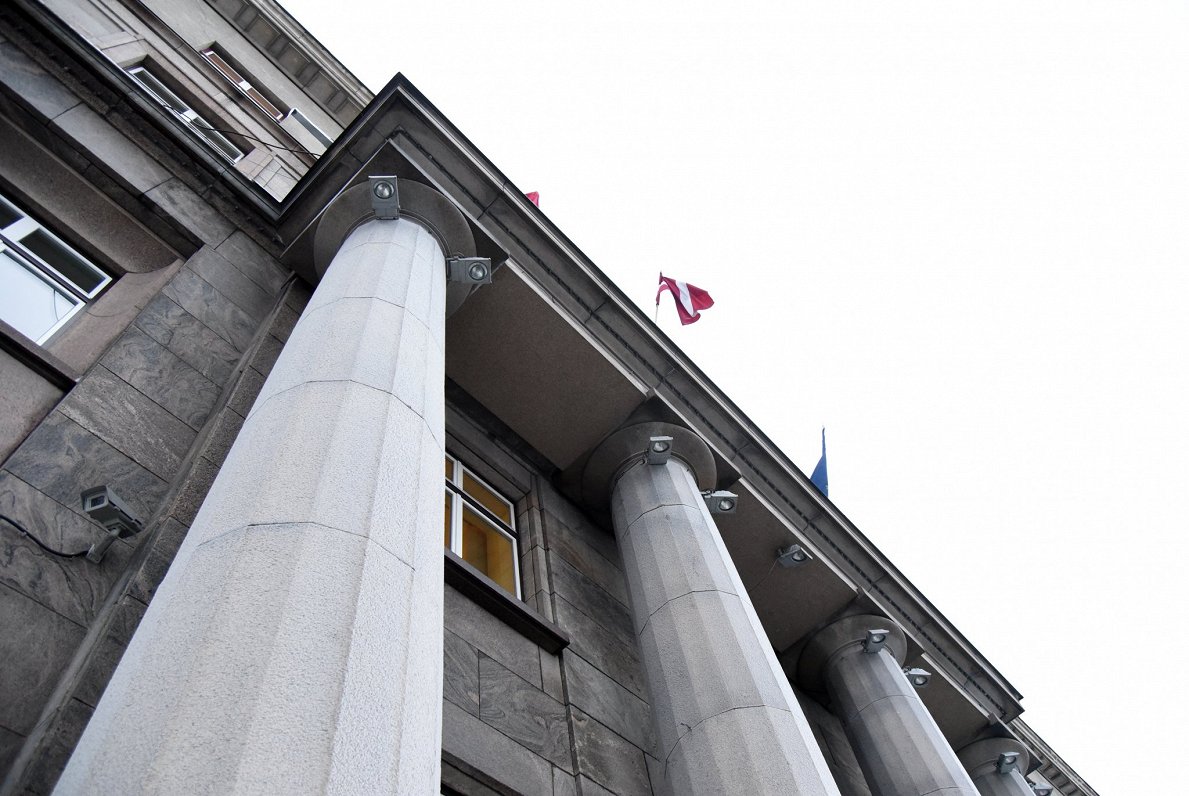In this way, Latvia urges the European Union not to hesitate with the imposing of sanctions at European level.
Foreign Affairs Minister Edgars Rinkēvičs said that the government will not impose national sanctions in order not to undermine the unity of European countries, but with restrictions on entry, the government hopes to encourage the European Union to act more quickly.
"We give a clear political signal that there are many officials we don't want to see in Latvia. We are also giving some encouragement to the European Union to work more quickly, in particular, given that the process of preparing sanctions is not simple. But in no way do we want to undermine the unity of the European Union in making such a decision," the minister said.
"Sanctions are important if they have a greater restrictive weight and that is for the European Union as a whole. It should be remembered that we are developing our foreign policy, particularly our geopolitics, in close cooperation with our partners. In this case, it is the European Union," Prime Minister Kariņš added.
The sanctions will be targeted against officials in the office of Belarusian President Alexander Lukashenko, the Central Election Commission, the Interior Ministry and the Security Committee. Rinkēvičs said that the names of the persons will be disclosed on Thursday, when Estonia has made a decision. Latvia and Estonia are coordinating the sanctions. Lithuania also plans to impose a ban on Belarusian officials in the coming days.





























